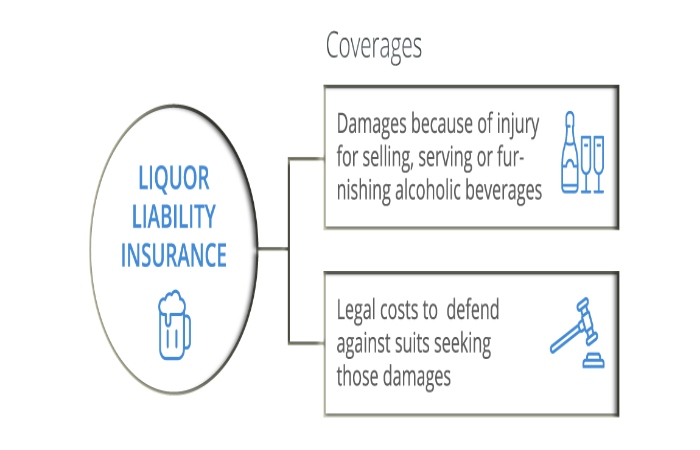4 Funding Options for your Growing Business – When running a business, there are so many things that you need to think about on a daily basis. One of the most important is your finances, and this can mean anything from managing them to obtaining more. Increasing your finances isn’t all that difficult either once you know what your options are. In fact, there are a fair few number of options out there for business owners to take advantage of. So, keep reading and discover the 4 funding options you can make use of for your growing business.
1. Business Loans
One of the most common ways of funding is through the use of a small business loan. These typically come in two different types: secured and unsecured. A secured loan is where you use a form of collateral as a personal guarantee. This means that if you can’t make your repayments, then the collateral can be collected in it’s place. An unsecured loan is the opposite. You won’t have to put any business assets up for collateral, but you may be subject to higher fees if you miss a payment. When you go for an unsecured loan, the chance of being rejected is slightly higher too. This is because it’s riskier for the lender to offer this type of loan, as there’s more of a chance they won’t get their money back.
Furthermore, Interest rates will also differ between lenders, so it’s important that you compare them before choosing. The terms for each loan can be different as well, so you need to know how long you want to be repaying it for. Some terms are incredibly short and allow you to repay it within a few months. Others are more long term and will need to be spread out over a few years. Whatever option of loan you choose, make sure you spend time researching the lender so you can be certain that they’re right for your business.
2. Business Credit Cards
Credit cards are very common in a lot of people’s personal lives, but did you know that you can actually get a business one too? They differ slightly to a regular one, and they tend to have higher limits on them as businesses need a lot more finance. You’ll use the business credit card in the same way you would normally, so it can be a great way to have access to money when you need it without having to take out a large loan. Credit cards are super flexible as well and will typically have a minimum repayment.
Therefore, this means that you can choose how much you pay off so that it suits your current financial situation. Using a business credit card also helps your business to grow and improve it’s credit score too, which can come in handy should you apply for loans at a later date. Business credit cards are a brilliant tool for many business owners as they allow you to be in control of how much debt you get into and how you pay it off. So, if you’re not wanting to commit to a loan, you could try business credit cards instead.
3. Crowdfunding
Crowdfunding is a great way to generate money and awareness for your business. When you use this method, you don’t actually accrue any debt whatsoever, so it can be a great option for those trying to avoid it. Crowdfunding is done on an online platform that’s designed for that purpose, and you then ask members of the public to donate to your business funds. This can often be in exchange for something like a discount or a first look at your new products. You can set your goal to whatever you need it to be, but you do want to try and make it realistic.
Subsequently, asking the public for £1,000,000 isn’t going to go very well! It’s worth noting that crowdfunding isn’t a guarantee. You may hit your target, or you may not, and you need to remain prepared for the worst case scenario. So, while crowdfunding may be a brilliant way to avoid getting into debt, it’s not a given that you’ll raise the money you need. This means that if you’re in desperate need of the money, then it might not be the best solution for you. However, if you’re wanting to drive brand awareness and fund your business slowly and steadily, then it can work great!
4. Government Grants – 4 Funding Options for your Growing Business
The final method for funding your business is through the use of government grants. These again are a good way to avoid getting your business into debt, but like crowdfunding, they aren’t guaranteed. Government grants are obtained through an application, but there are certain criteria that you have to meet in order to remain approved. For instance, some grants remain designed for young business owners only, so if you’re above the cut off age, then you will remain automatically rejected. It’s worth spending some time checking out what grants your local government have first, as these are more likely to support a local business.
Grants, while useful, aren’t always going to remain received, so you need a backup plan just in case. They can also take a little longer to process than loans and other forms of finance, as the forms need to remain fully assessed. Receiving the money can take a few weeks once you remain approved too, so if you need money immediately, they might not work for you. However, there are lots of grants available and many of them can remain renewed after a year has passed as well. This means you can boost your finances once again without the need to increase your debt. So, be sure to check out what local grants are out there for businesses like yours, and you should be able to apply for at least one of them.
Conclusion: 4 Funding Options for your Growing Business
There are many different options of funding that you can use for your business. The best one will depend on your needs too, so there’s no right or wrong way to go. So, if you need extra funding for your business, don’t struggle on your own. There is plenty of support out there, you just need to reach out and grab it! Before long, you’ll be on the right path to running a very successful business.














